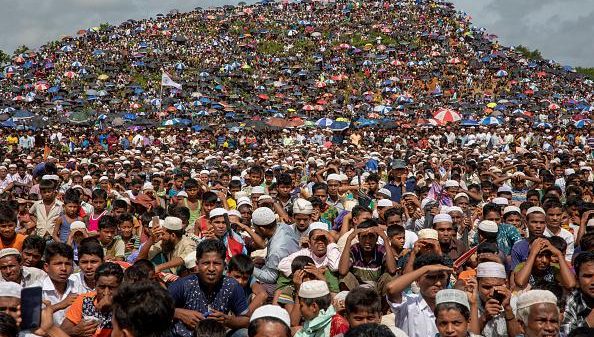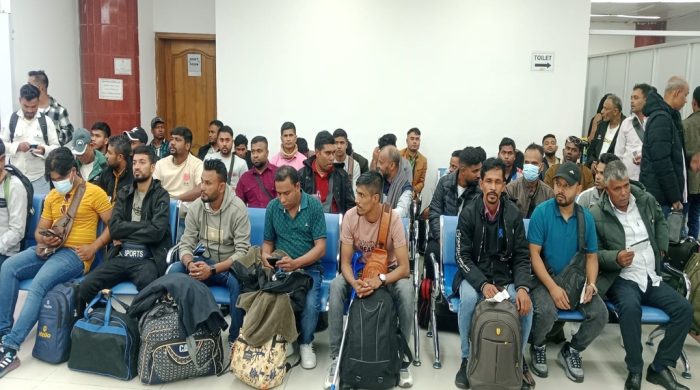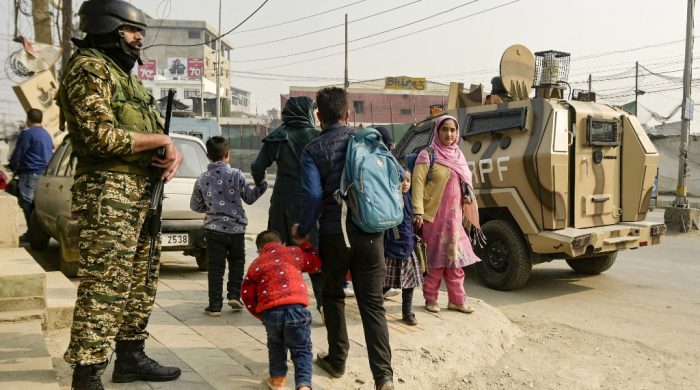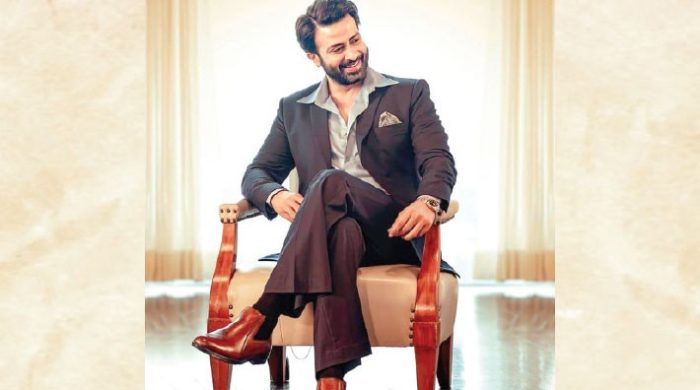Bangladesh-Myanmar talks on Rohingya repatriation deferred

- Update Time : Thursday, February 4, 2021
- 177 Time View

The long-awaited working committee meeting on Rohingya repatriation between Bangladesh and Myanmar has been deferred due to the changed situation in Myanmar.
“Yes, it’s deferred due to the current domestic situation in Myanmar,” a diplomat told UNB over phone.
He said a new date for the DG-level talks will be fixed once the new interim government in Myanmar becomes functional fully. The meeting was scheduled to take place on Thursday (today).
On Wednesday, Foreign Minister Dr AK Abdul Momen said Bangladesh is hopeful of proceeding as per the plan to repatriate Rohingyas to Myanmar as history tells that Rohingyas had been repatriated twice in 1978 and 1992 under military government in Myanmar.
“We want to continue the process. The process should continue as we had seen repatriation in 1978 and 1992, why not this time? It’s an opportunity for Myanmar. They should take this advantage,” he told reporters at his office at the Ministry of Foreign Affairs (MoFA).
Responding to a question, the Foreign Minister said they are unable to contact Myanmar’s interim government at this moment as all communication channels are cut off.
Bangladesh hoped that the democratic process and constitutional arrangements will be upheld in Myanmar and the Rohingya repatriation process will continue.
“We’ve been persistent in developing mutually beneficial relations with Myanmar and have been working with Myanmar for the voluntary, safe and sustained repatriation of the Rohingyas sheltered in Bangladesh. We expect these processes to continue in right earnest,” said the MoFA on Monday.
It said Bangladesh firmly adheres to and promotes democratic ethos and as an immediate and friendly neighbour, Bangladesh would like to see peace and stability in Myanmar.
Asked about China’s role in the UNSC, the Foreign Minister said Bangladesh approached all countries, including the United Nations, and the issue went to the international court.
He said all gave lip services but China came forward. “We can’t interfere in China’s policy but we kept China in our confidence.”
Dr Momen said some countries fear further influx amid the changed situation in Myanmar but Bangladesh kept its border secure. “In the past, our people welcomed Rohingyas. Now, they’re not in a mood to welcome more.”
Earlier, Myanmar said they are committed to beginning the repatriation of Rohingyas as per the bilateral agreement signed with Bangladesh in 2017.
Bangladesh handed over a list of 840,000 Rohingyas to Myanmar for verification. Myanmar has verified only 42,000 people (5 percent). “There’s a serious lack of seriousness,” said the Foreign Minister.
Dr Momen said they are doing their part but Myanmar is not helping the same way. He said he is always hopeful of beginning repatriation as history says they took back their nationals in 1978 and 1992
Rohingya Crisis and Repatriation
More than three years ago, Myanmar’s soldiers “targeted, killed, and raped” Rohingya and burned their villages, as the United Nations, Refugees International, United States Holocaust Memorial Museum, the US State Department itself, and many others have documented.
Over 800,000 Rohingyas fled the “genocidal violence” and Bangladesh is now hosting over 1.1 million Rohingyas.
Bangladesh is trying in multiple ways – bilaterally, multilaterally, tri-laterally, and through the judicial system – to find a lasting solution to the Rohingya crisis.
Bangladesh and Myanmar signed the repatriation deal on November 23, 2017.
They then signed a document on “Physical Arrangement”, which was supposed to facilitate the return of Rohingyas to their homeland.
But repatriation attempts failed twice in November 2018 and August 2019 – clearly amid Rohingyas’ “lack of trust” in the Myanmar government.
Subsequently, during the 74th UNGA held in September 2019 in New York, China took an initiative to propose the tripartite framework with their presence largely in an overseeing role that can nevertheless hold both sides to account on their respective commitments to each other.
The Bangladesh side had already complained of Myanmar acting in ‘bad faith’ during negotiations, whereby they never had any intention of taking the Rohingya back and were only meeting to keep up appearances.
However, soon after a meeting of the trio on January 20, 2020, the coronavirus lockdowns started taking its toll in different parts of the world.
Bangladesh pushed Myanmar hard on creating a favourable environment for Rohingya repatriation with an expeditious verification process and “cautiously expressed optimism” to begin it in the second quarter of this year.

























